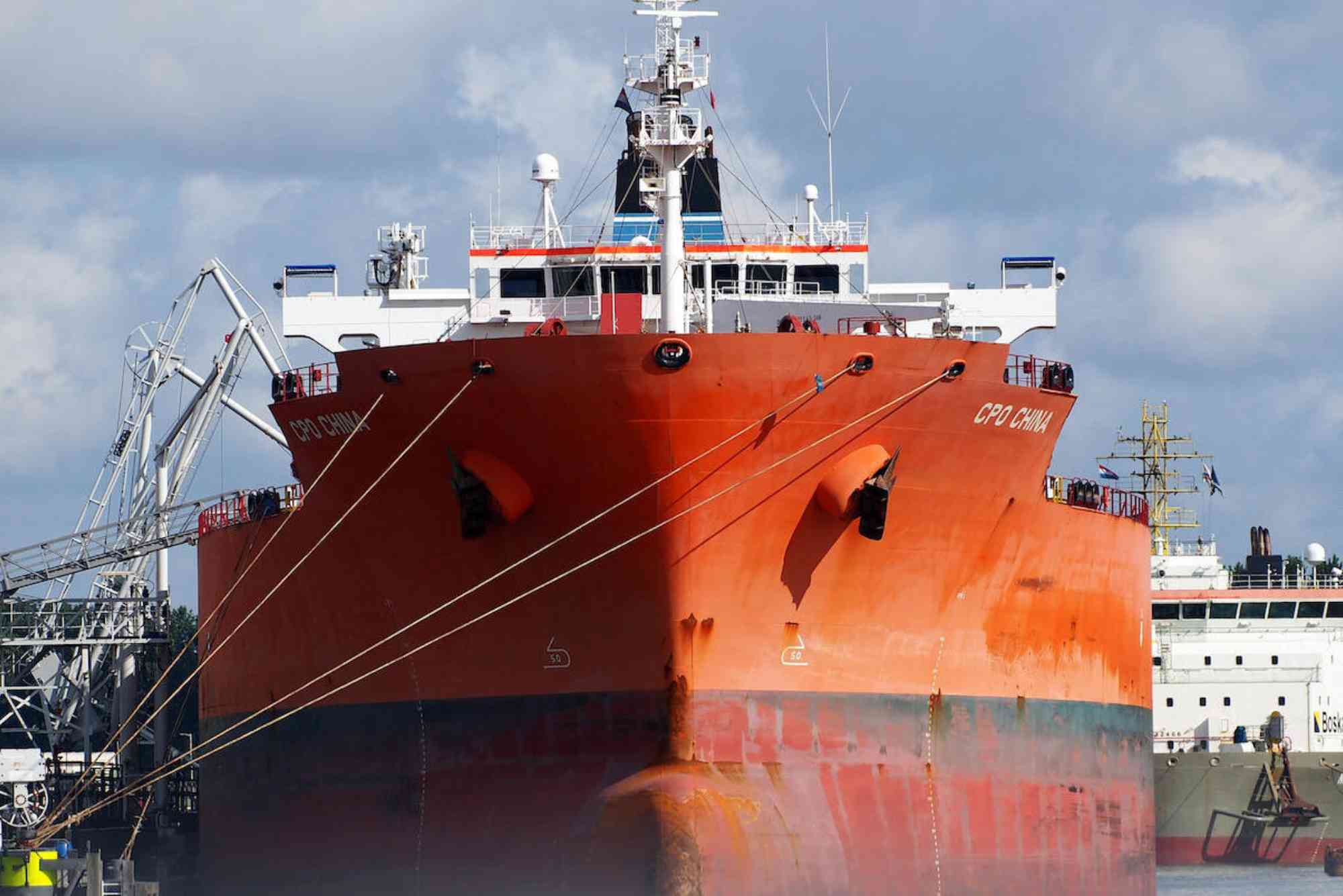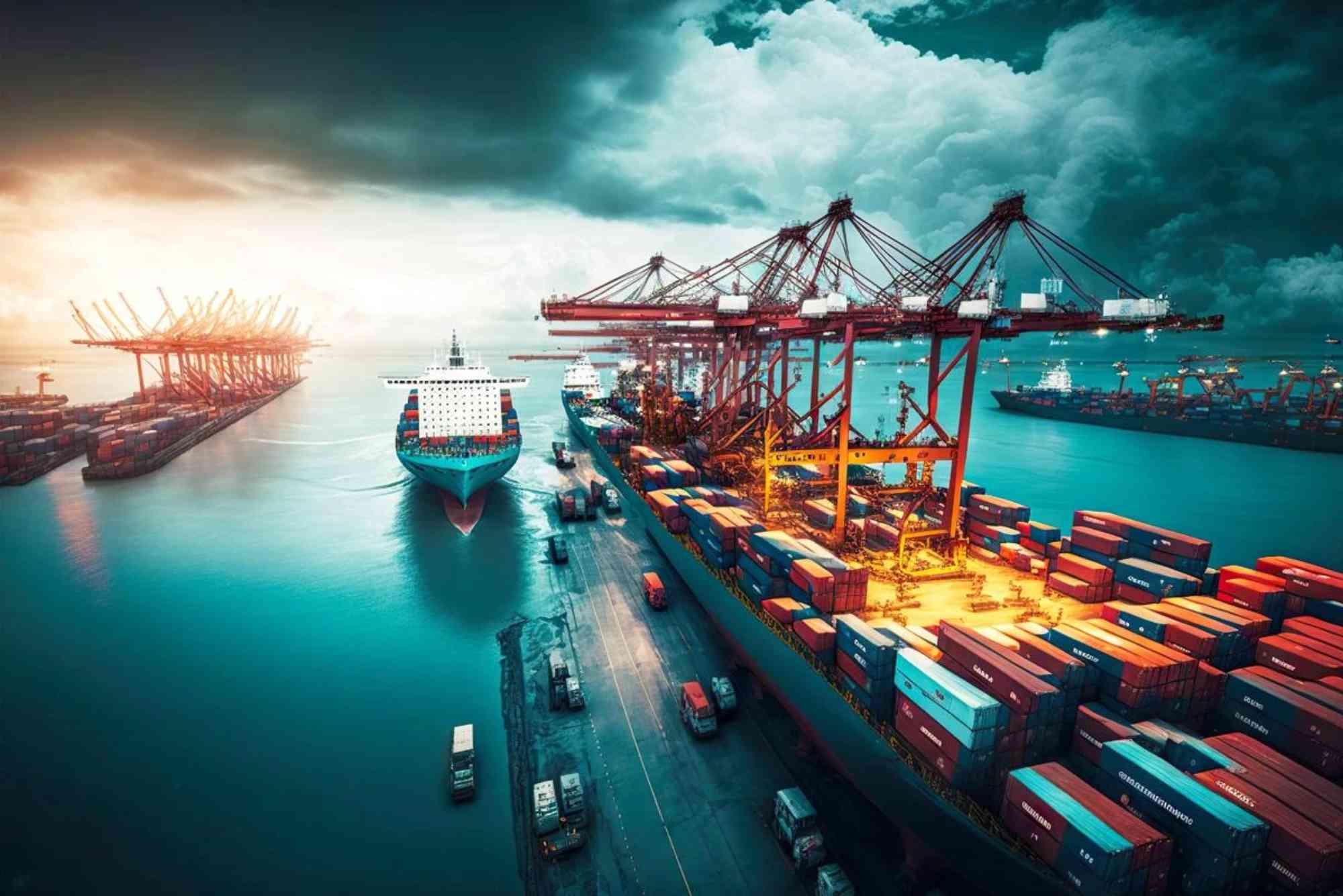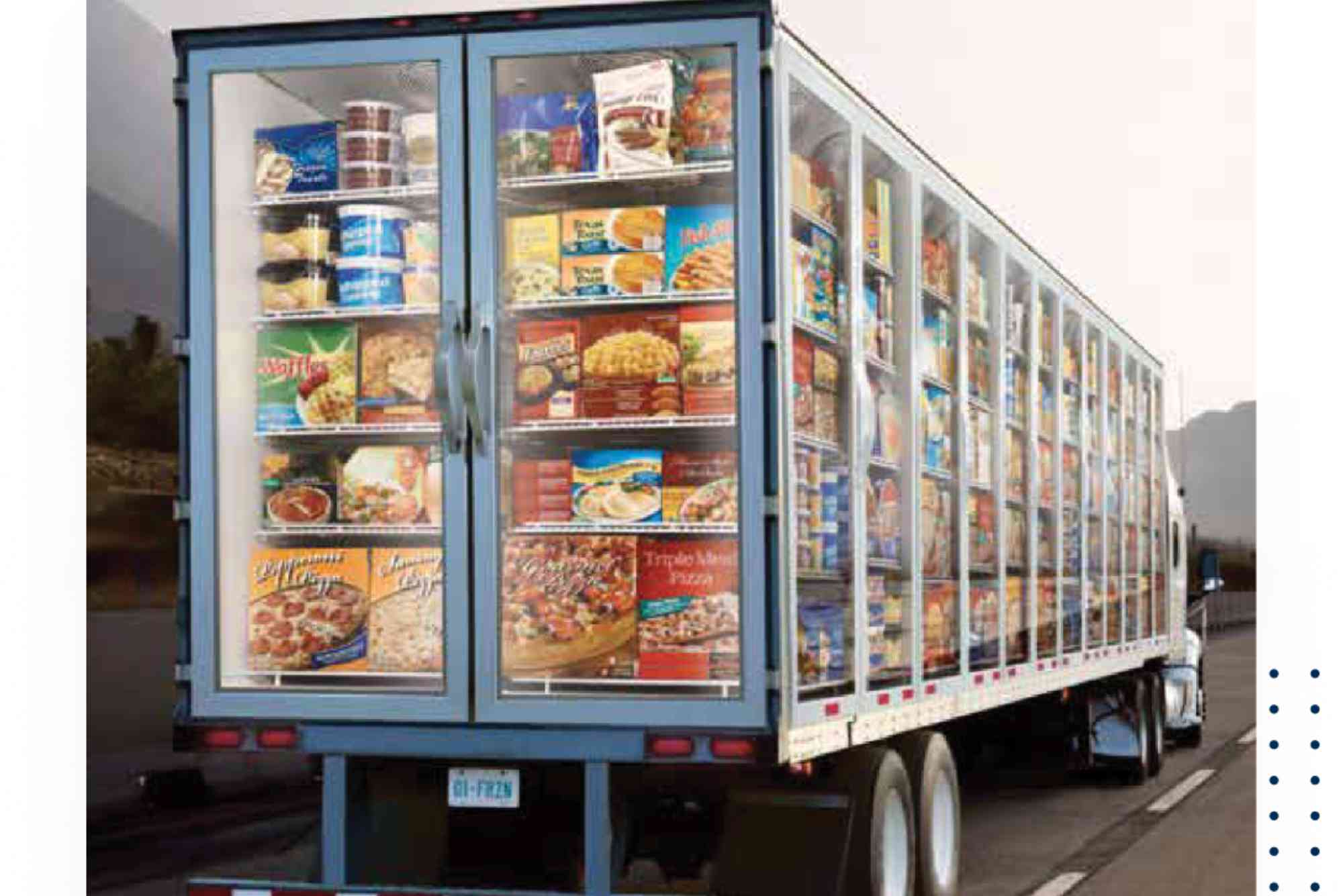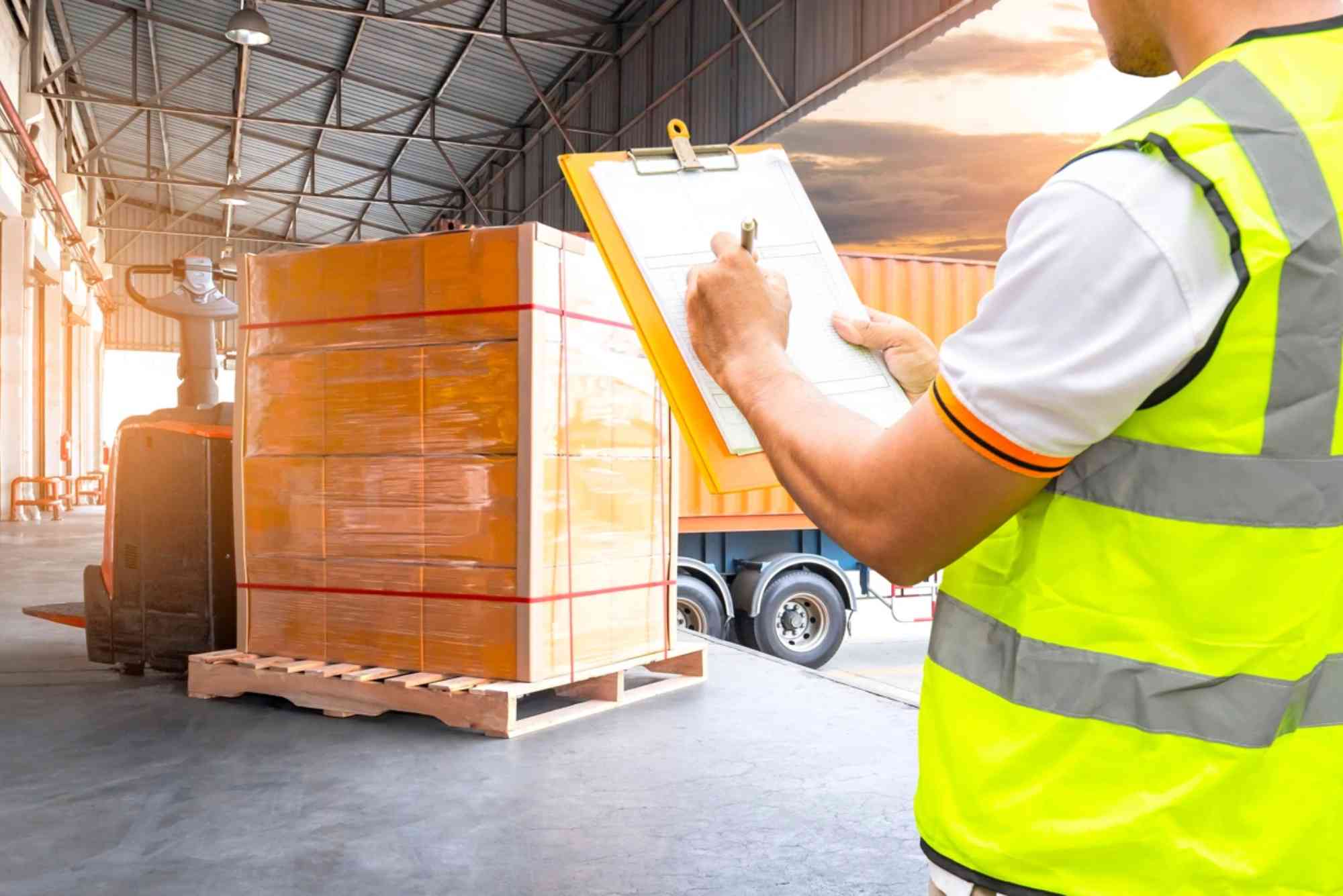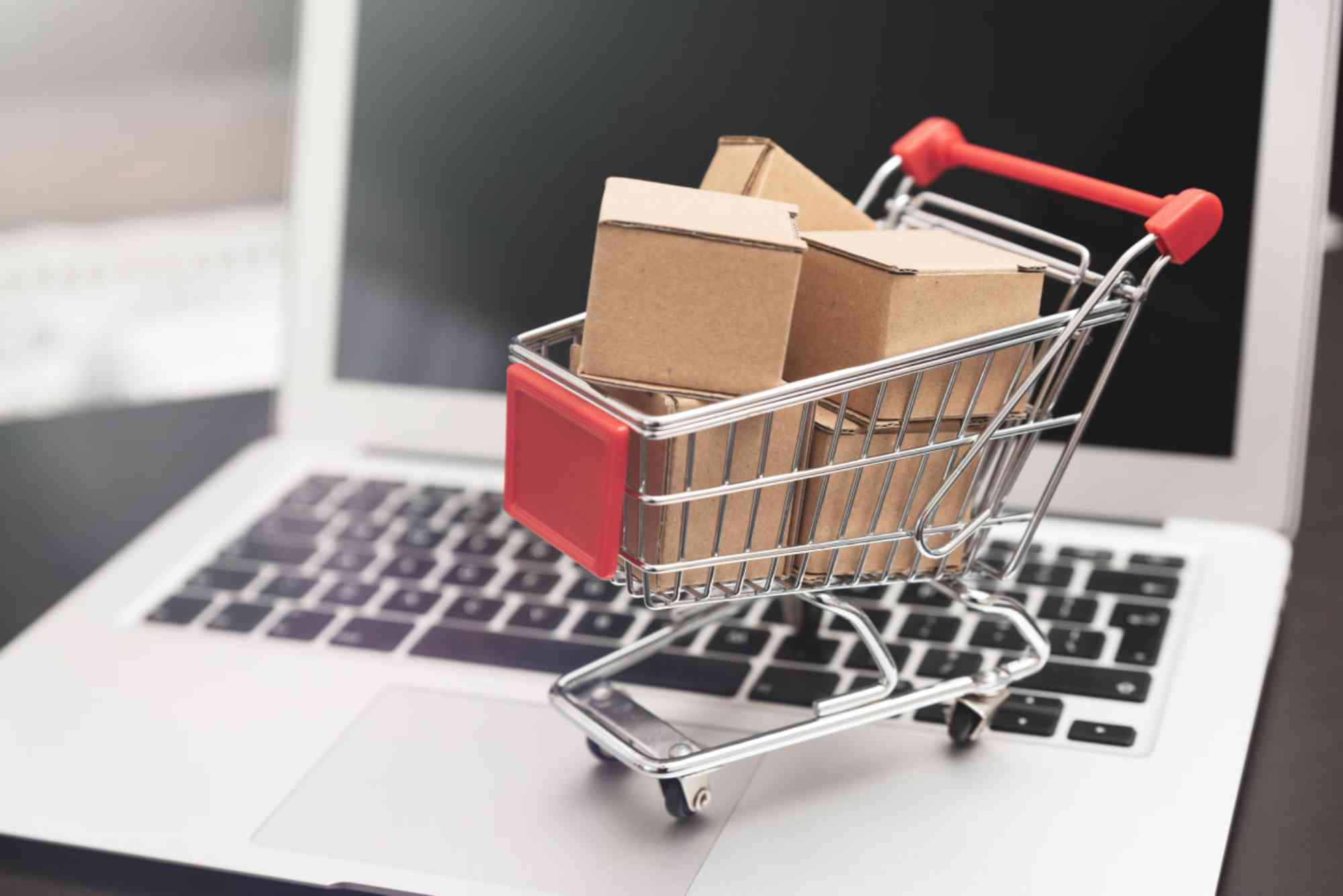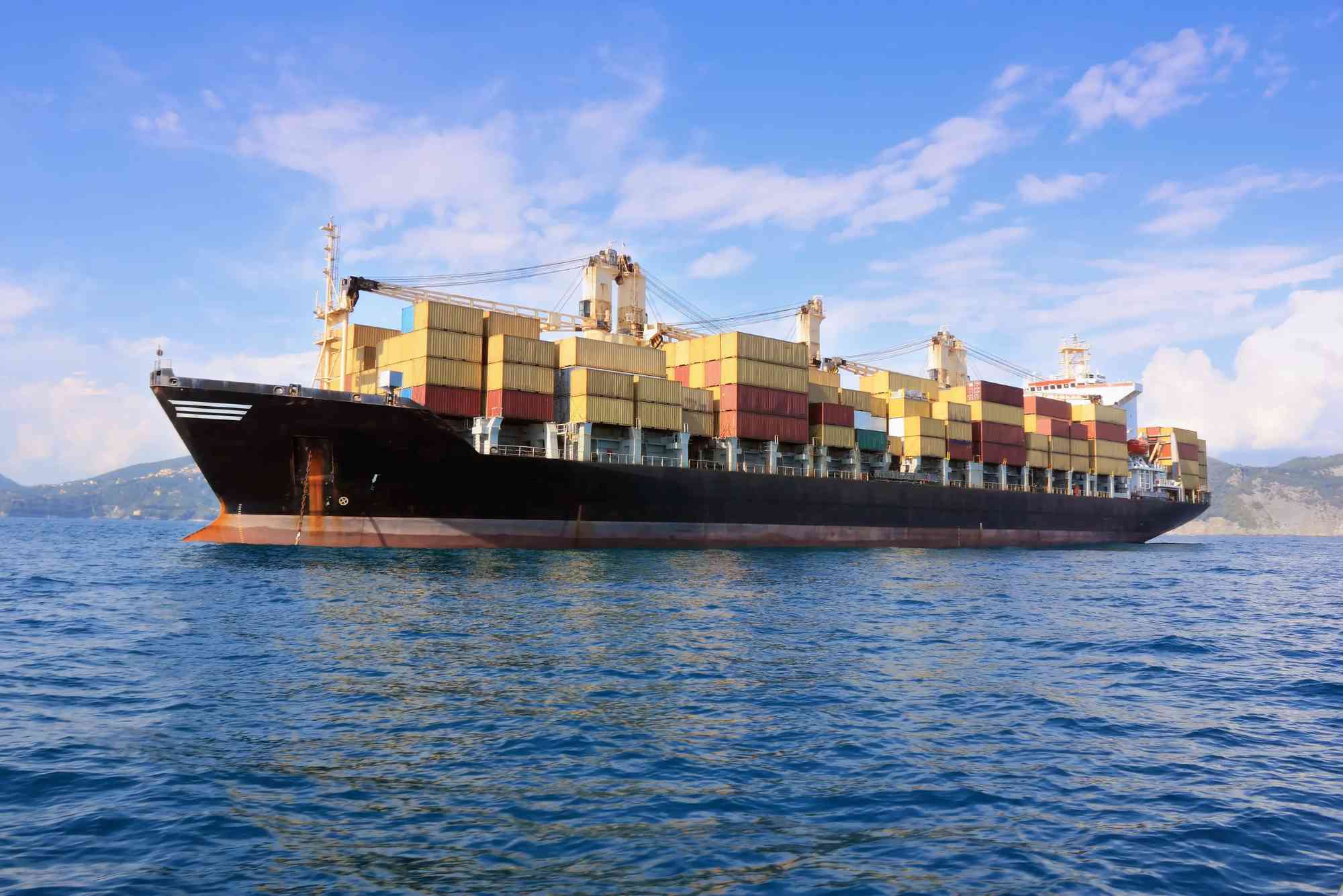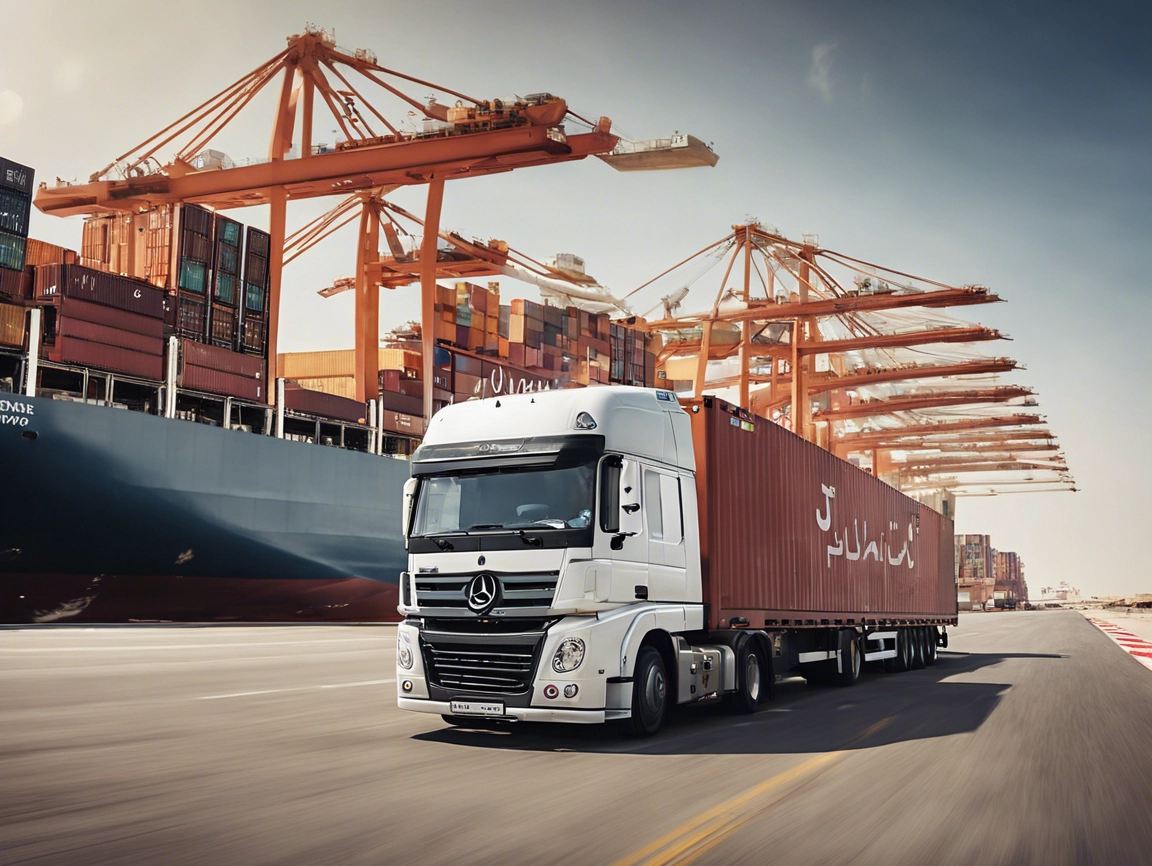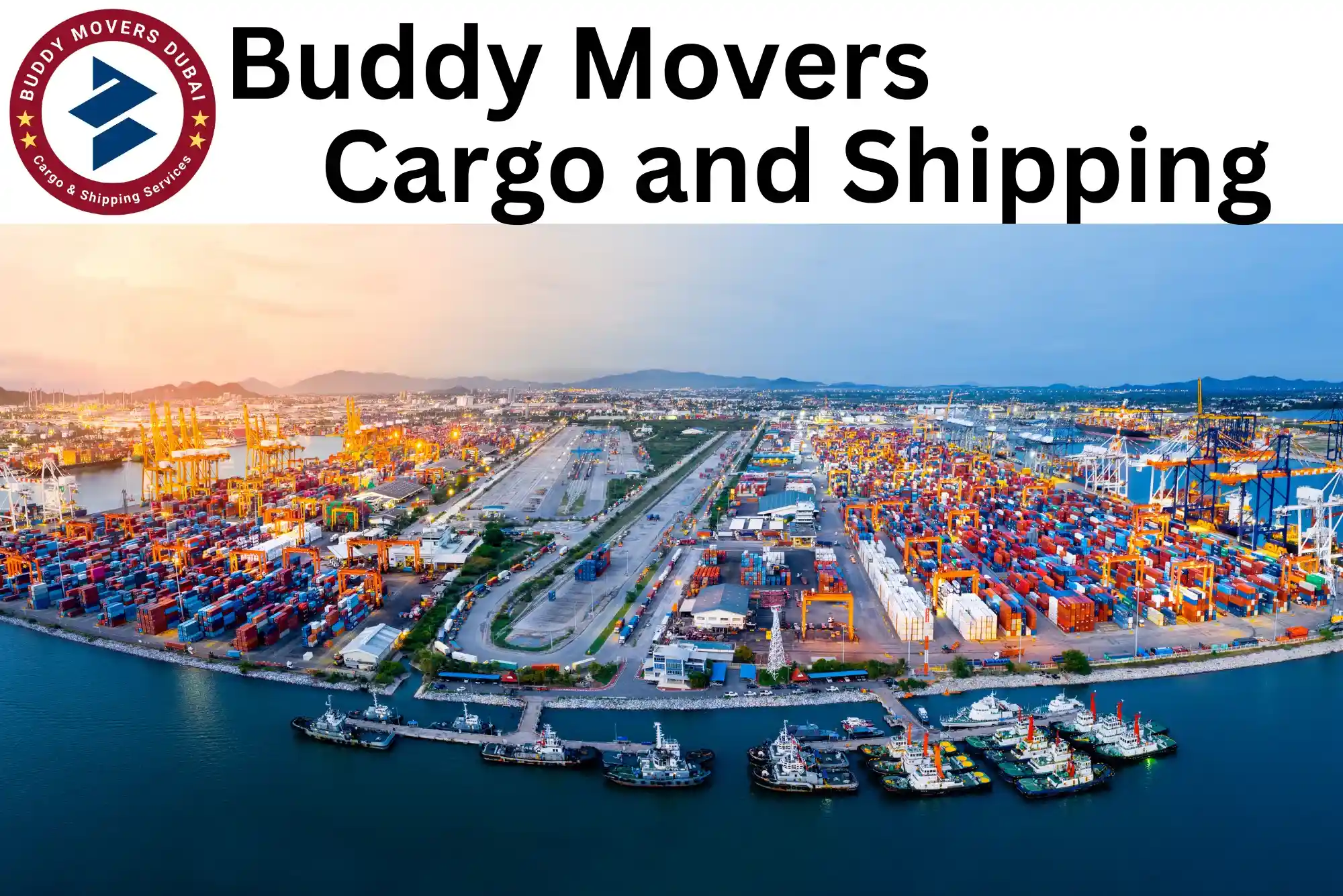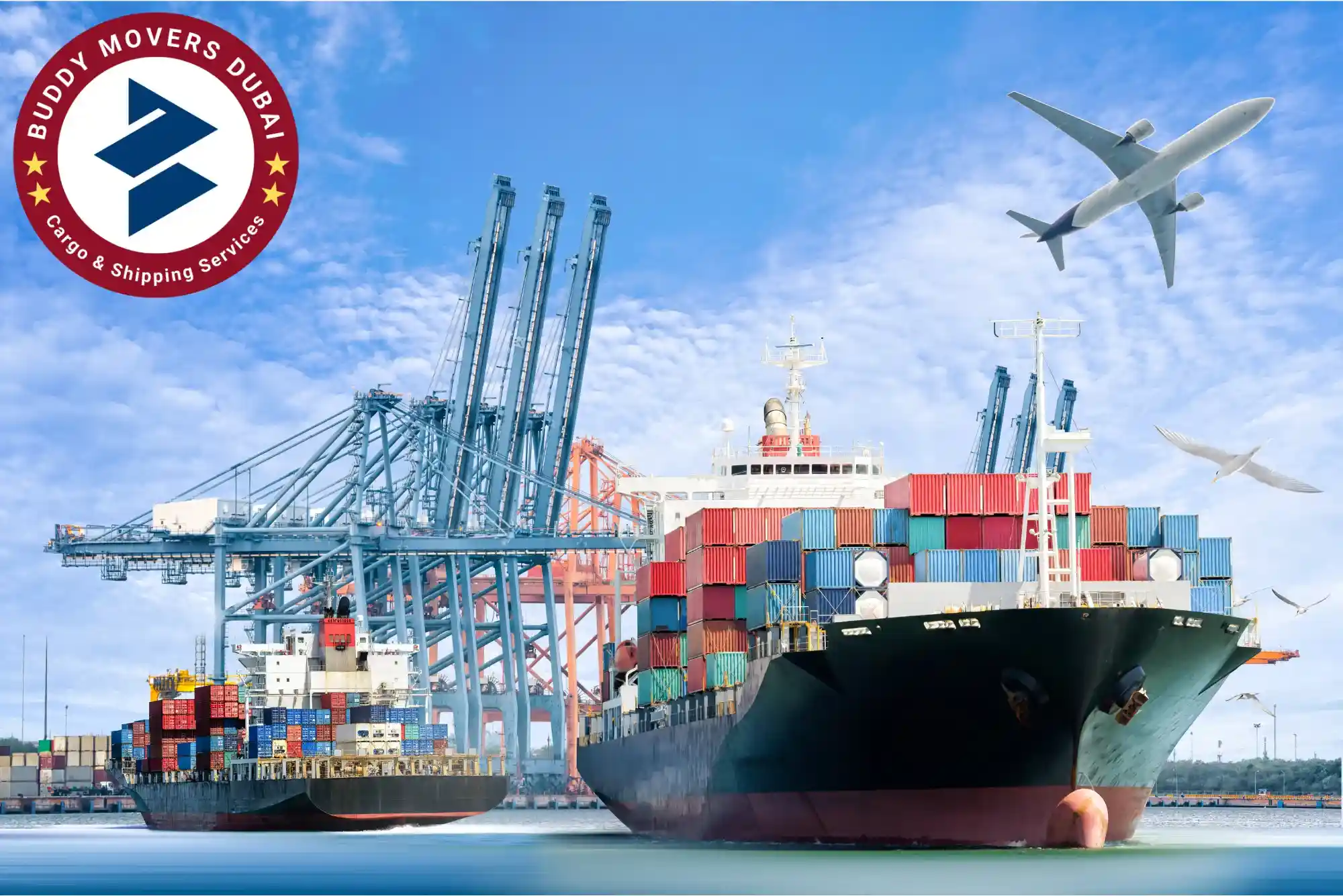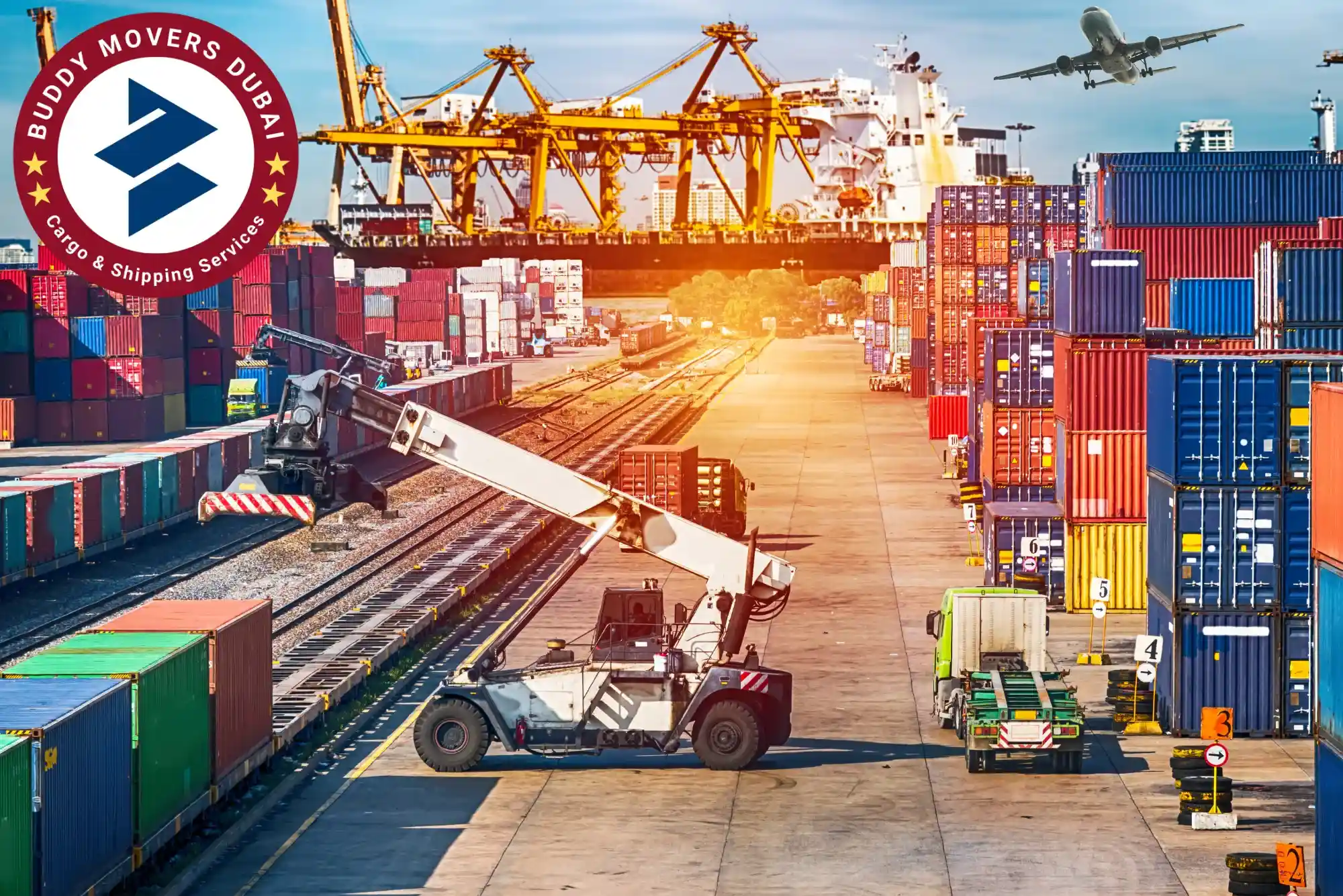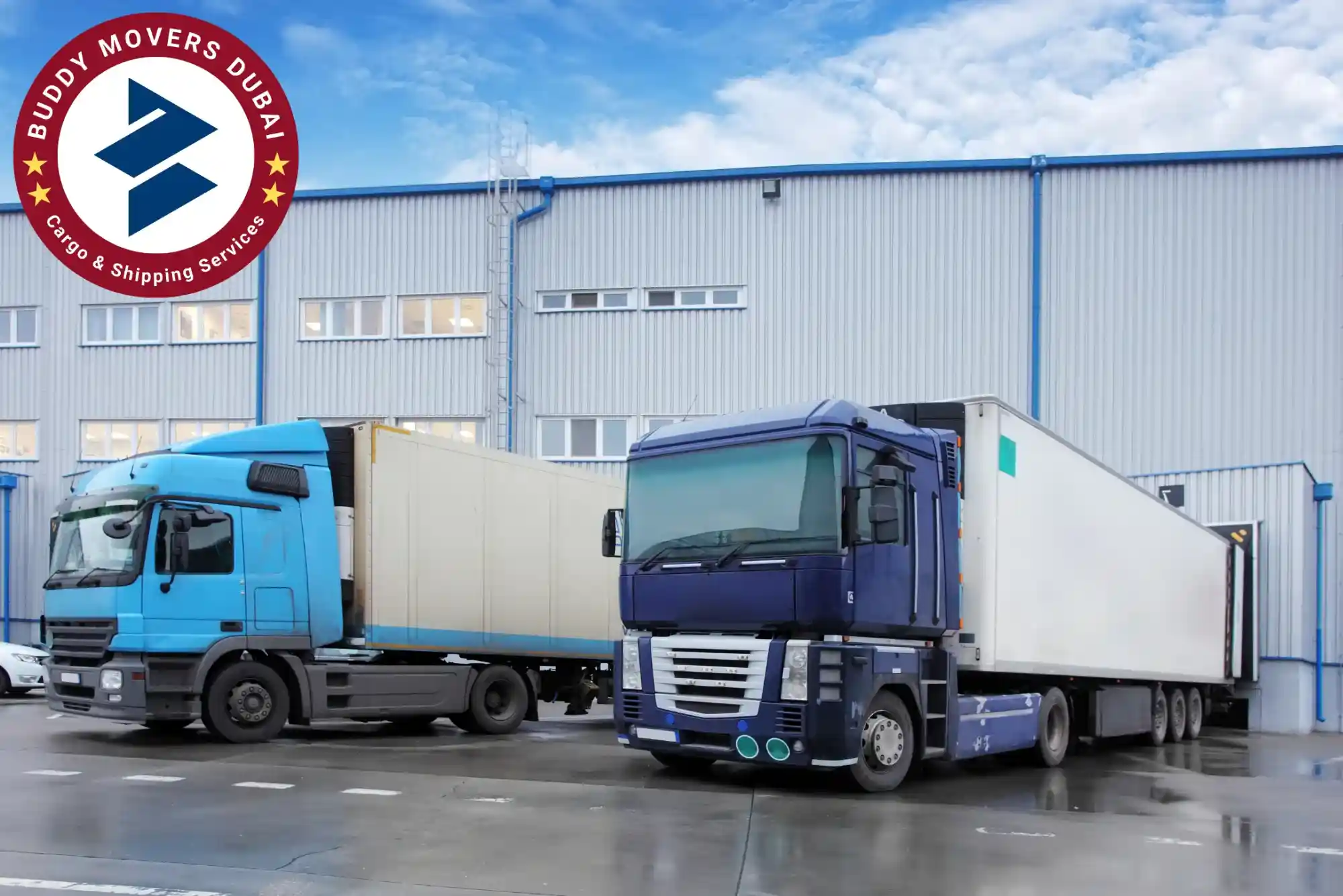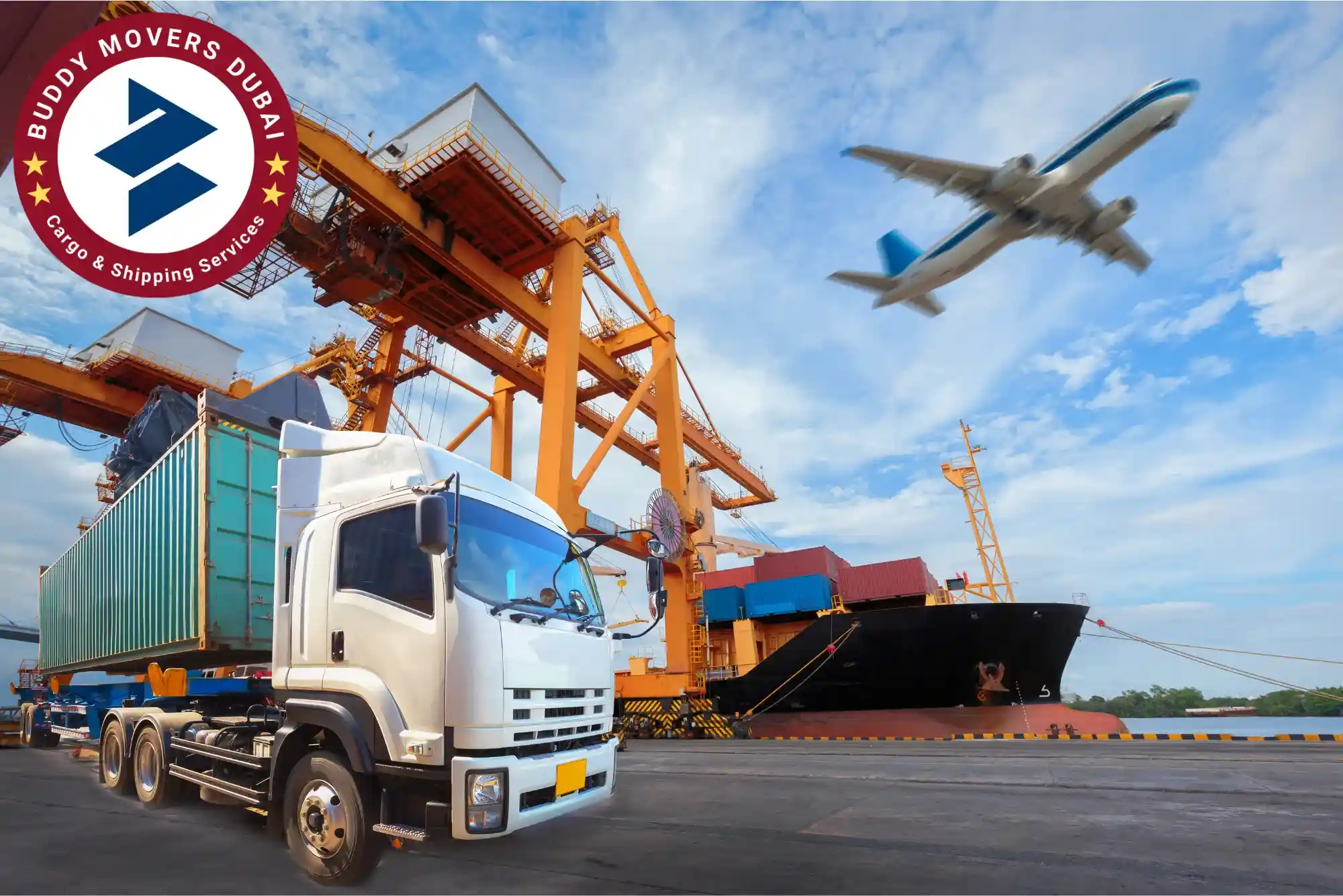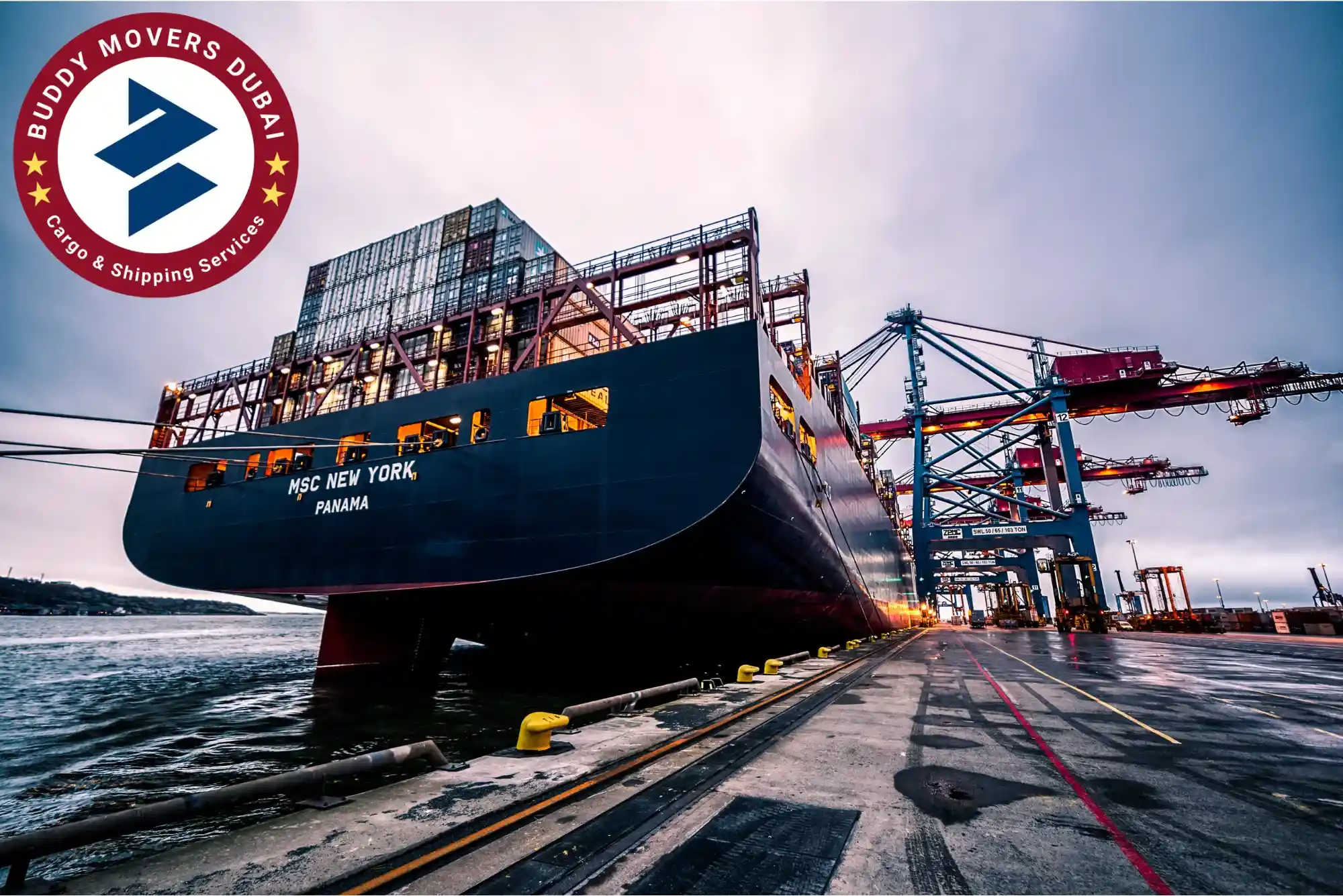Introduction
Dubai’s extreme climate, characterized by scorching summers and high humidity, poses significant challenges for shipping temperature-sensitive goods. From pharmaceuticals to perishable foods, maintaining precise temperature conditions is crucial to ensure product integrity. Temperature-controlled shipping in Dubai relies on advanced refrigeration technologies, insulated packaging, and real-time monitoring to safeguard goods throughout transit.
The Importance of Temperature-Controlled Shipping
In Dubai, where summer temperatures can exceed 50°C (122°F), maintaining a stable cold chain is essential. Temperature-sensitive products such as vaccines, dairy, seafood, and cosmetics can degrade or become unsafe if exposed to extreme heat. To mitigate this risk, temperature-controlled logistics use refrigerated trucks, insulated shipping containers, and specialized handling techniques to keep goods within the required temperature range.
Key Components of Temperature-Controlled Shipping
Refrigerated Containers and Trucks:
Equipped with climate control systems, these units maintain stable temperatures during transport.
Insulated Packaging:
Advanced insulation materials prevent heat penetration and preserve product quality.
Real-Time Temperature Monitoring:
IoT sensors track temperature fluctuations and provide live data for proactive adjustments.
Cold Storage Facilities:
Strategically located warehouses with controlled temperatures ensure proper storage before and after transport.
Compliance with Regulations:
Adherence to Dubai Municipality and international shipping standards ensures safe and legal transport.
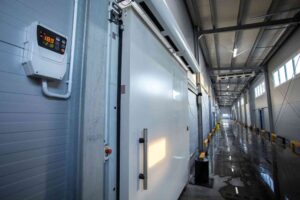
Step-by-Step Process of Temperature-Controlled Shipping in Dubai
Product Assessment and Classification
Before shipping, products are categorized based on their specific temperature requirements. Pharmaceuticals, for instance, may need a strict temperature range of 2°C to 8°C, while frozen goods require sub-zero conditions.
Selecting the Right Packaging
Thermal-insulated boxes, gel packs, and dry ice are used to maintain stable temperatures. Smart packaging solutions include phase change materials that help regulate temperature fluctuations.
Choosing the Optimal Transportation Mode
Refrigerated trucks and specialized shipping containers are selected based on transit duration and temperature sensitivity. Air cargo may be used for high-priority shipments to minimize exposure to heat.
Implementing Real-Time Temperature Monitoring
Sensors and GPS tracking ensure shipments remain within the designated temperature range. Alerts are triggered if deviations occur, allowing immediate corrective actions.
Cold Storage and Final Delivery
Upon arrival, goods are transferred to temperature-controlled warehouses before final delivery. Last-mile logistics employ insulated vans to maintain product integrity until they reach their destination.
Why Temperature-Controlled Shipping Matters for Businesses
Businesses dealing with perishable goods rely on efficient cold chain logistics to maintain quality and customer satisfaction. A trusted shipping services company in UAE ensures compliance with safety standards, minimizing the risk of spoilage and financial losses.
The Role of Buddy Movers Cargo and Shipping
Buddy Movers Cargo and Shipping specializes in temperature-controlled logistics, offering advanced solutions tailored to Dubai’s challenging climate. Their expertise in cold chain management ensures products reach their destination in optimal condition.
Find a Reliable Shipping Partner
For businesses seeking efficient cold chain solutions, visiting Buddy Movers Location can help you connect with experts who understand Dubai’s shipping challenges.
Related FAQs
1. What is the best way to ship perishable goods in Dubai?
Using refrigerated trucks, insulated packaging, and real-time monitoring ensures perishable goods stay fresh during transit.
2. How does real-time temperature monitoring work?
IoT sensors track temperature fluctuations and send alerts if there are any deviations, allowing immediate corrective action.
3. What types of products require temperature-controlled shipping?
Common products include pharmaceuticals, fresh food, dairy, seafood, and specialty chemicals.
4. How does Dubai regulate temperature-controlled shipping?
Dubai Municipality enforces strict cold chain logistics regulations to ensure compliance with health and safety standards.
5. Can temperature-controlled shipping handle extreme Dubai summers?
Yes, with advanced refrigeration, thermal insulation, and expert logistics management, temperature-sensitive goods are safely transported even in extreme heat.

